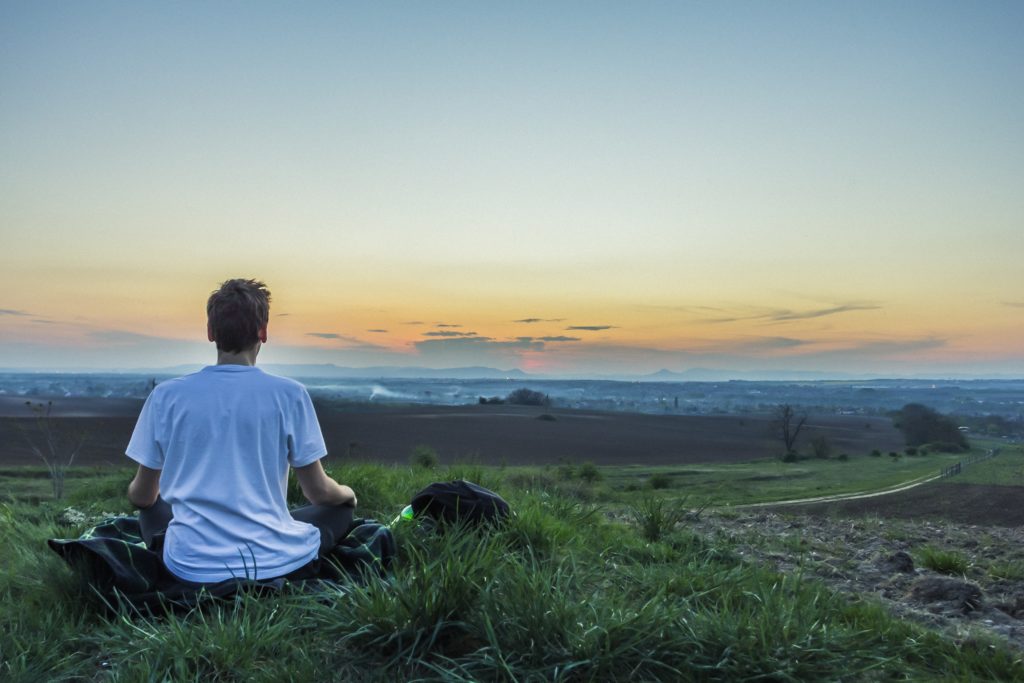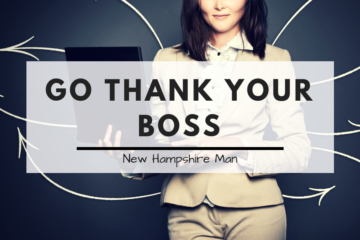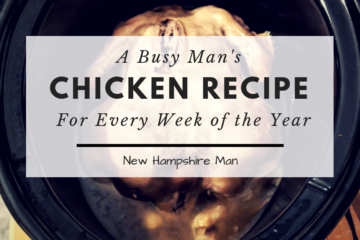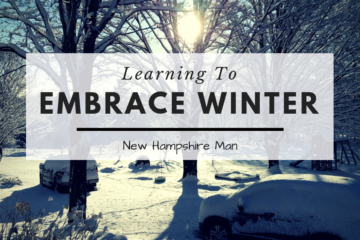You can’t be free if you’re consumed by stress.
Mindfulness ranks as one of the most under taught practices that holds the most potential to bring awareness and happiness into your life. For that reason, I’m going to try early and often to get you to incorporate a mindfulness or meditation practice into your daily routine.
What is this wizardry?
There are a lot of ways to skin this cat. So, if you do build the courage to try something, and it isn’t totally for you, don’t give up, research a little more and tweak your practice until you find something that works.
Ultimately, though, a mindfulness practice is taking a little bit of time each day to slow down. To either clear the mind of the gibberish, or at least to draw awareness to what is going on in your head.
Doing this can radically transform the way you approach your day and your life. It has ramifications across all domains of life, from affecting how fast you drive, to how often you hug your spouse. You’ll eventually become aware of how fortunate you are and you’ll find ways to express gratitude in even the most trying times.
I cannot over emphasize how valuable this practice is.

Meditation: Where to start
I’ll propose a few ideas for you to develop a process and find the opportunity to bring a mediation practice into your life:
- Ten minutes a day. Try to start here. If you can’t find ten, try five, or three with the goal of working up to finding ten minutes a day to be with yourself.
- Quiet is best. While meditation experts can derive great value from meditating around chaos, it’s best to get started where you know no one is watching, and where there is not a lot of distracting sound. For most of us, that’s going to be first thing in the morning, which serves you well for the rest of the day, too.
- Use a tool. There’s an app for that, and YouTube channels, and websites and so much more. I use the Calm app and have no reason to look elsewhere. The Daily Calm is perfect for me, as are the Sleep Stories which we’ll cover later. Headspace gets a lot of praise too. I tried it but couldn’t deal with the British accent on the narrator.
- Commit to a daily practice. You won’t figure it out, much less see the positive effects from it until you are several weeks in, especially if you’re brand new. Consider taking on a 21 day challenge.
What to expect from meditation
Foremost, relax, although this may be the most positively life changing things you take on, just take it easy.
Expect something like this:
- Sit down comfortably.
- Close your eyes.
- Take a few deep breaths.
- Return to normal breathing.
- Follow your breath.
It’s all easy until that last one.
Following your breath will be HARD
Following your breath is going to be real hard at first. Your mind will run. That’s cool. Over time you’ll learn how to observe your mind running, and then you’ll learn that it’s ok, and then you can let it go.
You’ll learn to treat all those thoughts like little balloons that you can observe and let go of. You can learn to let them drift up and away so you can return to your breath.
To the uninitiated that sounds major woo woo. But check it out:
- Ever send out an emotionally charged email?
- Can you conceive of getting pissed at your child for breaking a crayon?
- Have you laid on your horn because someone didn’t use a blinker?
- Have you ever really beat yourself up for something you said, or did, or didn’t do?
I trust you can relate to something on that list, and the point that I’d like to drive toward is that our emotions influence our decision making. Recognizing that is a major step toward being able to see that emotion laden thought as a balloon, understand and respect its origin, and let it go.
Is meditation counter to a life of conditioning?
As young men and boys, more often than not, we are taught to ‘suck it up, buttercup’.
Recognizing emotions, talking about them and sharing them is something you’ve been told, directly or otherwise, not to do.
Being mindful and reflecting on our own thoughts, and asking deep questions of others is not how we traditionally converse with friends and family.
But that’s where the true value is.
So it might be hard to embrace a new meditation practice. That’s ok. Confront the challenge and embrace it. Take comfort knowing that it’s not new territory on a world wide scale, and that there is a chance your circle of influence has been missing a tremendous resource. You can even keep it to yourself for the time being, if you’d prefer.
I’ll make you this promise, though. A guarantee:
If you try it hard enough, you’ll succeed. And when you succeed, you’ll be glad you did.
Meditation Resources
- Calm – My mediation app of choice.
- Headspace – Another mediation app that receives praise.
- Into The Magic Shop – A book with an awesome title about the brain written by a neurosurgeon.
Closing Thoughts on Meditation and Sleep
As you join me to pursue Personal Freedom Through Lifestyle Design you’ll continue to recognize the interrelations between everything that we do in life. I’ve shared some insight as to how implementing a 10 minute daily meditation routine can change your daily and life trajectory, but another key area to consider is sleep.
EVERYONE has those nights where you lie awake in bed with some thought running on replay in your head keeping you from getting that most prized and valued sleep.
Mindfulness practice alone can indeed help to quell those thoughts and let them go. Or maybe you learn to get up and write them down to cut the repeat mode.
Well, another reason I love the Calm App is that it has an extensive series of sleep stories to help bring a sleeping state to an otherwise running mind.
It works, and a well rested body and mind will again, positively impact every other aspect of life; from your relationship with your boss, to your motivation to get a little exercise.
It’s all connected, man. One small change, a sleep story, can have ramifications across every other walk of life.
If you are ready to work toward a life of personal freedom, please join my email list to be notified of new content and any special offers I can dig up for you.


